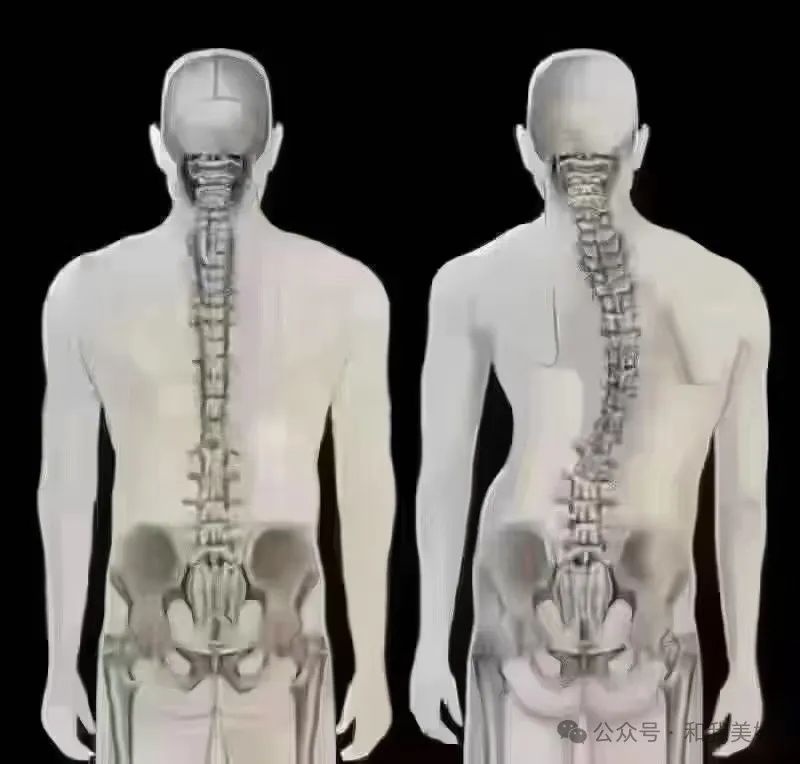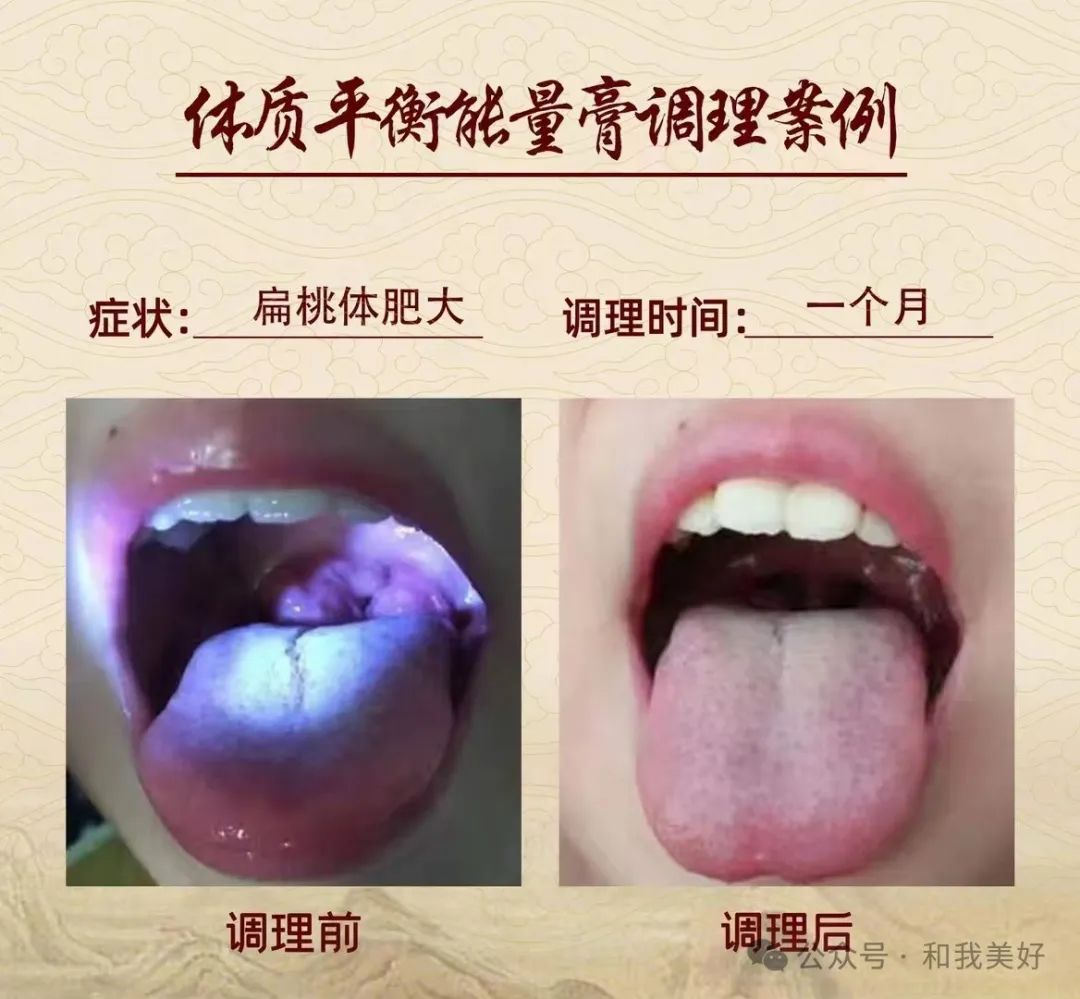Yin-Yang balance is an important concept in ancient Chinese philosophy and Traditional Chinese Medicine (TCM). Below is its specific meaning:

The concept of Yin-Yang originates from ancient Chinese philosophy, summarizing the opposing sides of certain interconnected phenomena in nature, such as heaven and earth, sun and moon, day and night, cold and heat, and male and female. Yin-Yang balance refers to a relatively stable and harmonious state where both sides interact and struggle with each other.

– In terms of physiology: The normal physiological activities of the human body are the result of Yin-Yang balance. For instance, Yang Qi (阳气) has functions such as promoting and warming, while Yin Qi (阴气) has functions of tranquility and nourishment. Only when these two forces mutually restrict and depend on each other can the body maintain normal life activities, which is reflected in a rosy complexion, abundant energy, and coordinated organ functions.

– In terms of pathology: The occurrence of diseases is a manifestation of Yin-Yang imbalance. For example, excessive Yang leads to heat, which can cause symptoms such as fever, flushed face, and thirst; excessive Yin leads to cold, which can manifest as aversion to cold, cold limbs, and abdominal pain. Yin deficiency can lead to heat symptoms like five hearts hot, tidal fever, and night sweats; while Yang deficiency can present as cold symptoms such as cold pain in the lower back and knees, and clear, prolonged urination.

– Treatment principles: The fundamental principle of TCM in treating diseases is to adjust Yin-Yang to restore balance. For instance, for conditions of excessive Yang heat, methods such as clearing heat and draining fire are used to reduce Yang heat; for Yin deficiency with excessive fire, methods to nourish Yin and reduce fire are employed to restore the relative balance of Yin-Yang.
In daily life, people maintain Yin-Yang balance by following the natural laws. For example, in spring, when Yang Qi rises, it is advisable to sleep early and rise early, and engage in outdoor activities to promote the generation of Yang Qi; in winter, it is better to sleep early and rise late, avoiding excessive fatigue to conserve Yang Qi within the body. In terms of diet, attention should also be paid to the pairing of Yin and Yang foods. For instance, lamb and leeks are considered Yang foods and can be consumed appropriately to replenish Yang Qi; while pears and mung beans are Yin foods that can clear heat and nourish Yin.

